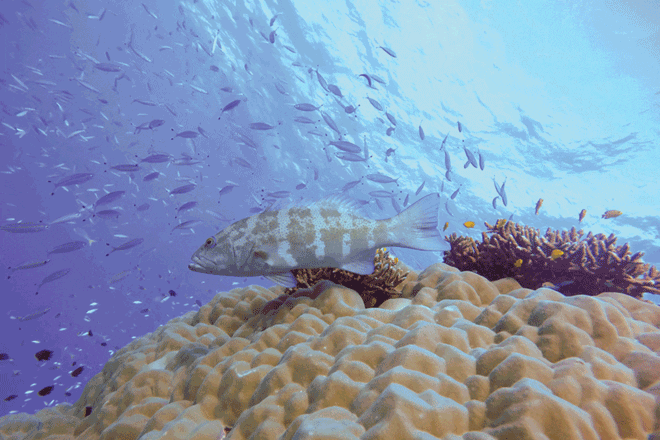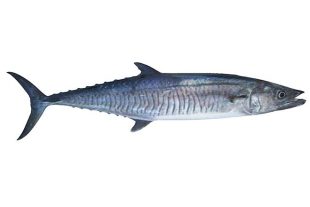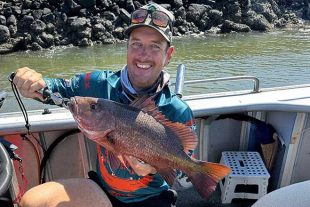NEW research has revealed the tiny minority of fishers poaching on the Great Barrier Reef think the illegal practice is justified because they believe ‘everyone else is doing it’.
Researchers at the ARC Centre of Excellence for Coral Reef Studies at James Cook University asked nearly 700 recreational fishers at boat ramps in Townsville about their perceptions of poaching (fishing in no-take zones).
PhD candidate Brock Bergseth led the study and said the results were overwhelmingly encouraging. “97 percent of fishers thought poaching was personally unacceptable, and most supported enforcement of the rules,” he said. “But a small number did not.” Mr Bergseth said the 21 self-admitted poachers thought poaching occurred much more often than did non-poachers.
“People involved in illicit activities such as illegal drug use and drink driving are more prone to overestimate the prevalence of their behaviour in society,” Mr Bergseth said. “This ‘false consensus effect’ often allows offenders to justify their actions – they think it’s OK because everyone else is doing it. “Our data suggests this effect may also be occurring among poachers in the Great Barrier Reef Marine Park.”
He said it was a dangerous trend, because fishers who know poachers can also be ‘contaminated’ if they begin to think the bad behaviour is widespread. “People who know a poacher have significantly higher estimates of the level of poaching compared to fishers who don’t know poachers,” Mr Bergseth said.
“This implies that these fishers believe poaching is more common than fishers who do not associate with poachers.” Mr Bergseth said 13 percent of fishers reported knowing someone who had poached within the past 12 months. “In all, this study showed how numerous misperceptions are probably supporting the continuation of poaching on the GBR,” he said.
“If left unchecked, these misperceptions could lead to a cascading effect that encourages further poaching.” Mr Bergseth said the research pointed to a way of addressing the problem. “There are three specific messages that could be communicated to poachers,” he said. “First, that nearly every recreational fisher thinks poaching is socially and morally unacceptable.
“Second, it is really important for everyone to know that almost all recreational fishers follow the rules – poachers are just a small minority that people don’t respect. “And lastly, the likelihood of getting detected while poaching is high, as are the consequences – the fine for poaching in a no-take zone is $2100.”
Data gathered from the research
The average fisher in the GBRMP:
- Is male and spends about 34 days a year fishing.
- Makes $90,000-$135,000 a year and has a tertiary education.
- Most (73 percent) fishers said fishing was the most important activity they undertook in the GBRMP, and most (78 percent) had previously been inspected by marine parks personnel.
- 57 percent believed fishers they did not know had poached in the past 12 months.
- A moderate level (16-21 percent) of fishers reported not caring about whether others would approve of them poaching.
 Bush ‘n Beach Fishing Magazine Location reports & tips for fishing, boating, camping, kayaking, 4WDing in Queensland and Northern NSW
Bush ‘n Beach Fishing Magazine Location reports & tips for fishing, boating, camping, kayaking, 4WDing in Queensland and Northern NSW









